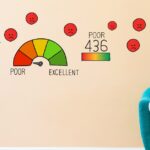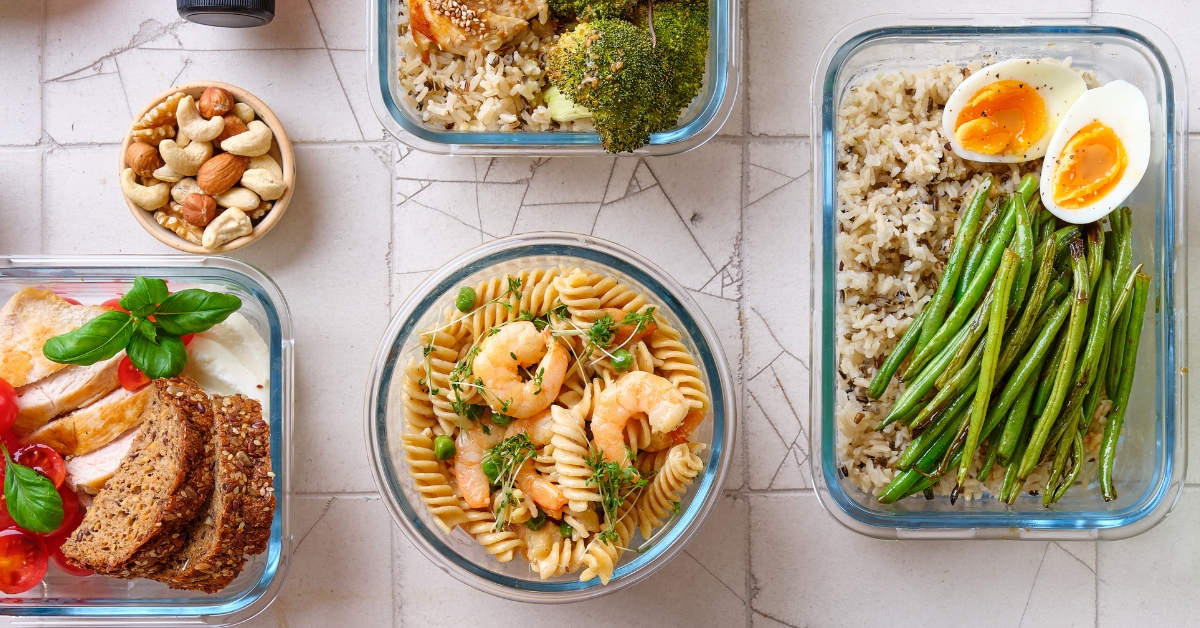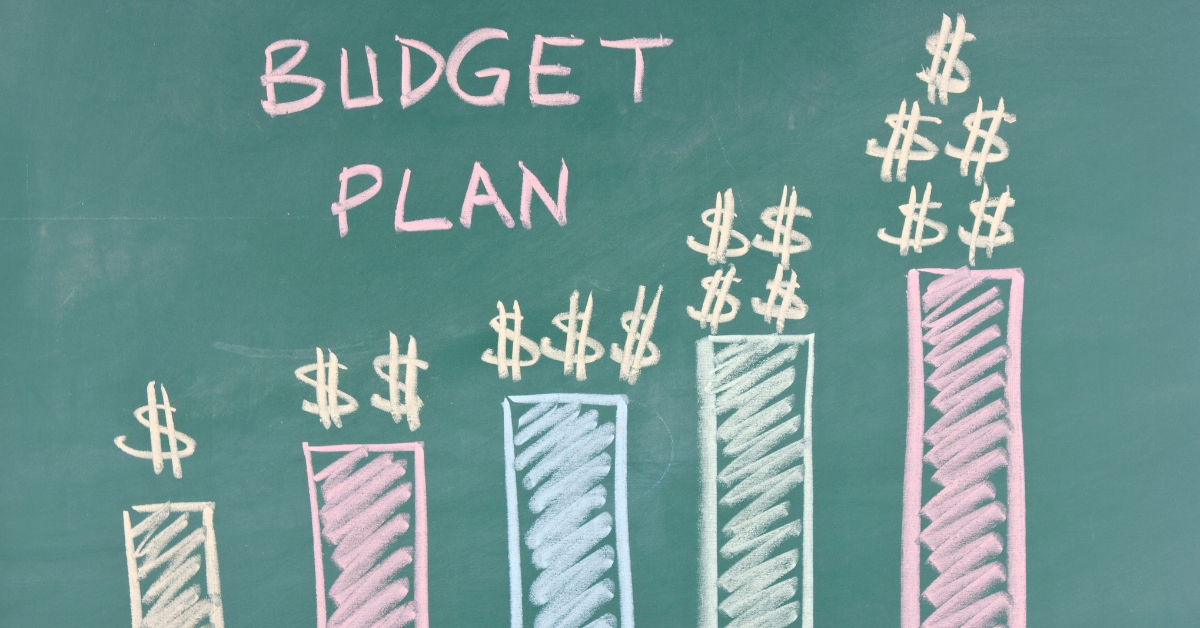Maintaining a nutritious diet is a vital aspect of leading a healthy lifestyle, but the misconception that healthy eating comes at a high price often discourages individuals from prioritizing their well-being. Fortunately, there are numerous budget-friendly strategies that can help you enjoy a nutritious and wholesome diet without breaking the bank. In this article, we will explore the cheapest way to eat healthy, providing you with practical tips and valuable insights to ensure you nourish your body while remaining within your budget.
- Plan Your Meals and Create a Shopping List: One of the fundamental steps in eating healthy on a budget is to plan your meals in advance. By taking a few moments to outline your weekly meals, you can effectively reduce food waste, save money, and make healthier choices. Create a shopping list based on your meal plan and stick to it while grocery shopping to avoid impulsive purchases.
- Embrace Whole Foods: Whole foods, such as grains, legumes, fruits, vegetables, and lean proteins, offer excellent nutritional value at an affordable cost. Incorporate these ingredients into your meals, as they are generally less expensive than processed or pre-packaged foods. Buy staple foods in bulk when possible, as this often leads to significant savings.
- Shop Seasonally and Locally: Opting for seasonal produce not only ensures fresher and more flavorful ingredients but also helps you save money. Seasonal fruits and vegetables are typically abundant, which lowers their cost. Additionally, consider shopping at local farmers’ markets, as they often offer competitive prices and a wide variety of affordable, locally sourced produce.
- Explore Discounted Options: Look for discounted or sale items in your grocery store. These may include items nearing their expiration dates or those with minor imperfections. You can also check out discount stores or co-ops that offer more affordable prices for organic and natural products. Remember to compare prices across different stores to find the best deals.
- Cook in Bulk and Freeze Meals: Preparing meals in bulk is a cost-effective way to eat healthy. Cook larger portions and freeze individual servings for later use. This approach not only saves you money but also reduces the time spent on cooking throughout the week. Additionally, consider making use of leftovers by incorporating them into new dishes or repurposing them for future meals.
- Prioritize Plant-Based Proteins: Plant-based proteins like beans, lentils, chickpeas, and tofu are not only affordable but also highly nutritious. Incorporate these protein-rich foods into your diet as a budget-friendly alternative to meat. They offer an excellent source of fiber and various essential nutrients, promoting overall health and satiety.
- Limit Eating Out and Pack Your Lunch: Eating out frequently can quickly drain your budget. Instead, prioritize homemade meals and pack your lunch for work or school. Preparing your meals allows you to control portion sizes, make healthier choices, and save a significant amount of money in the long run.
- Minimize Processed and Packaged Foods: Processed and packaged foods are often more expensive and offer lower nutritional value compared to whole foods. They also tend to contain additives and preservatives. Opting for whole foods and preparing meals from scratch not only saves money but also ensures a healthier diet.
- Utilize Leftovers Creatively: Don’t let leftovers go to waste. Transform them into new dishes by combining different ingredients or adding them to salads, soups, or stir-fries. This way, you’ll be reducing food waste while enjoying new and exciting flavors without spending extra money.
- Stay Hydrated with Water: Choosing water over sugary beverages is not only a healthy choice but also a cost-effective one. Drinking water throughout the day keeps you hydrated without adding unnecessary expenses to your grocery bill.
Conclusion: Eating healthy on a budget is entirely possible with the right strategies and mindset. By planning your meals, shopping smartly, embracing whole foods, and prioritizing plant-based proteins, you can nourish your body while keeping costs low. Additionally, be mindful of your eating habits, avoid unnecessary expenses like eating out, and repurpose leftovers creatively. By adopting these practices, you’ll not only improve your overall health but also save money in the process. Remember, investing in your well-being should be a priority, and it doesn’t have to come at a high cost.










